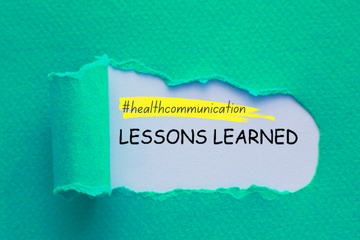
Rajeshwari Subramanian, MPH ’26, wants to democratize health communication newsthirst.
Home / News / Rajeshwari Subramanian, MPH ’26, wants to democratize health communication Rajeshwari Subramanian, an MPH student in Health and Social Behavior, says that coming to Harvard T.H. Chan School of Public Health has given her “the ambition to dare to dream.” In her very first week at the School, Subramanian met Brinleigh Murphy-Reuter,…












